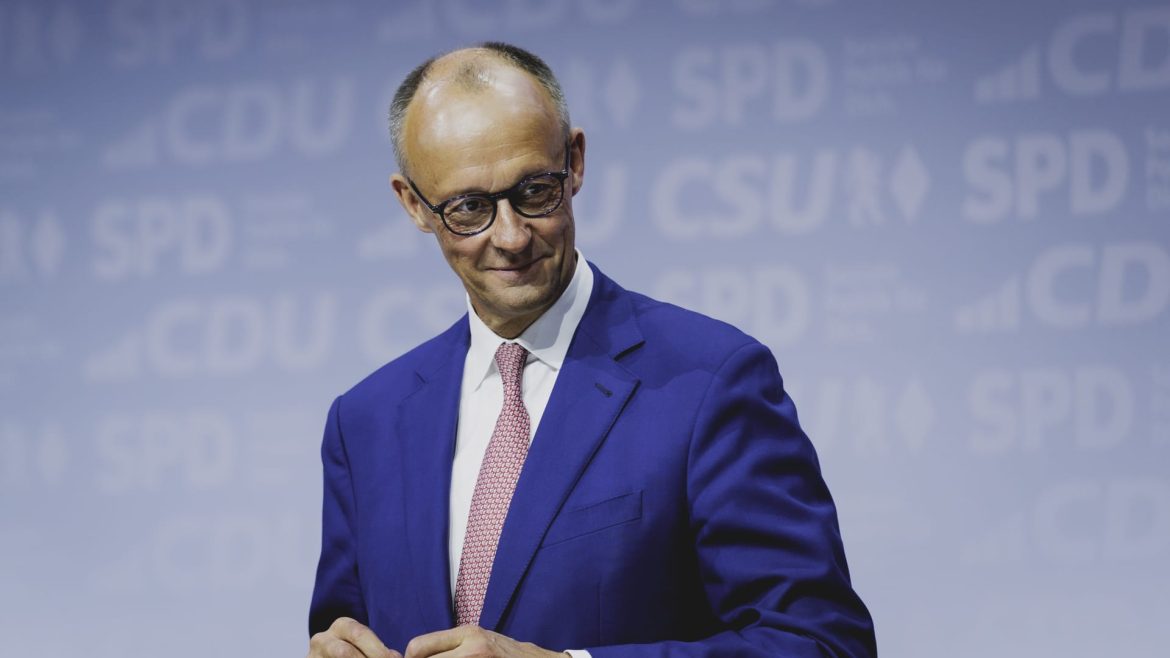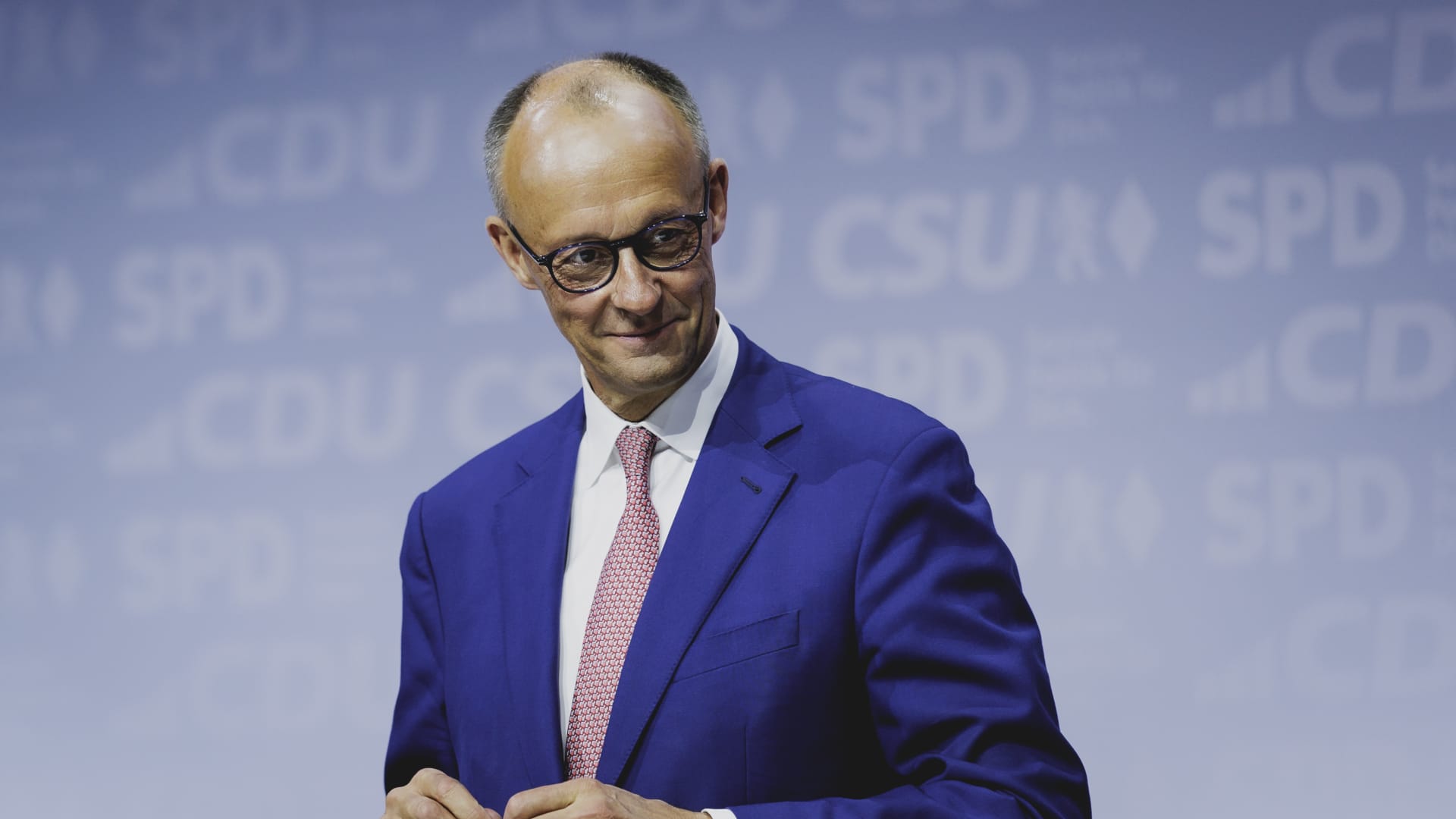The Unexpected Setback: Friedrich Merz’s Failed Bid for German Chancellorship
In a surprising turn of events, Friedrich Merz, the leader of Germany’s Christian Democratic Union (CDU), fell short of the necessary votes to become the country’s next chancellor. This unexpected setback has sent shockwaves through the political landscape, raising questions about the stability of the new coalition and the future direction of German politics.
The Vote and Its Implications
On Tuesday, the Bundestag, Germany’s federal parliament, held a vote to elect the chancellor. To secure the position, Merz needed a majority of at least 316 votes out of the 630 seats. However, he failed to achieve this threshold, marking a significant blow to his aspirations and the coalition he had formed with the center-left parties. The exact number of votes Merz received was not immediately clear, but it was evident that he had not garnered the necessary support.
This failure is particularly noteworthy because it occurred in the first round of voting, a historic first for a chancellor-in-waiting. The outcome has left the future of the new black-red coalition in limbo, with many wondering how this development will impact the political dynamics in Germany.
The Political Landscape
Friedrich Merz has been a prominent figure in German politics for decades. Despite never holding a top government position, he has risen through the ranks of the CDU and has been a vocal critic of former Chancellor Angela Merkel. His conservative stance and promises of stronger leadership in Europe had initially positioned him as a strong contender for the chancellorship.
The CDU, along with its Bavarian sister party, the Christian Social Union (CSU), had been working towards forming a coalition with the Social Democratic Party (SPD) or the Greens. This coalition was seen as a way to bring together different political ideologies and create a stable government. However, the failure of Merz to secure the necessary votes has thrown this plan into disarray.
Factors Contributing to the Setback
Several factors may have contributed to Merz’s failure to secure the chancellorship. One key issue is the internal divisions within the CDU. The party has been grappling with internal strife, particularly after the departure of Angela Merkel. This internal turmoil may have weakened Merz’s support base within his own party.
Additionally, the broader political climate in Germany has been turbulent. The country has been dealing with economic stagnation, rising concerns over migration, and increasing polarization. These issues have made it challenging for any political leader to garner widespread support.
The Road Ahead
The failure of Merz to secure the chancellorship does not necessarily mean the end of his political career. However, it does highlight the challenges he will face in the coming months. The CDU and its coalition partners will need to reassess their strategies and potentially seek new alliances to form a stable government.
For Germany, this setback underscores the need for political stability and unity. The country faces significant challenges, both domestically and internationally, and a strong, stable government is essential to address these issues effectively.
Conclusion: A Pivotal Moment for German Politics
The failure of Friedrich Merz to secure the chancellorship in the first round of voting marks a pivotal moment in German politics. It highlights the internal divisions within the CDU, the challenges of forming a stable coalition, and the broader political turmoil in the country. As Germany navigates these uncertain times, the need for strong leadership and political unity has never been more apparent. The coming months will be crucial in determining the future direction of German politics and the stability of its government.


